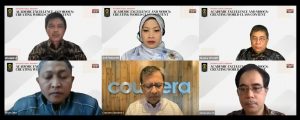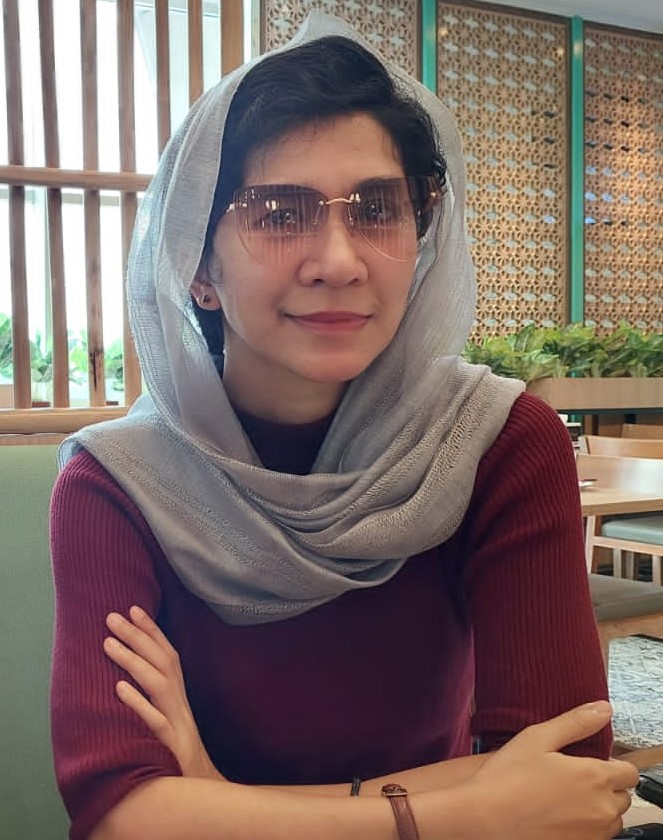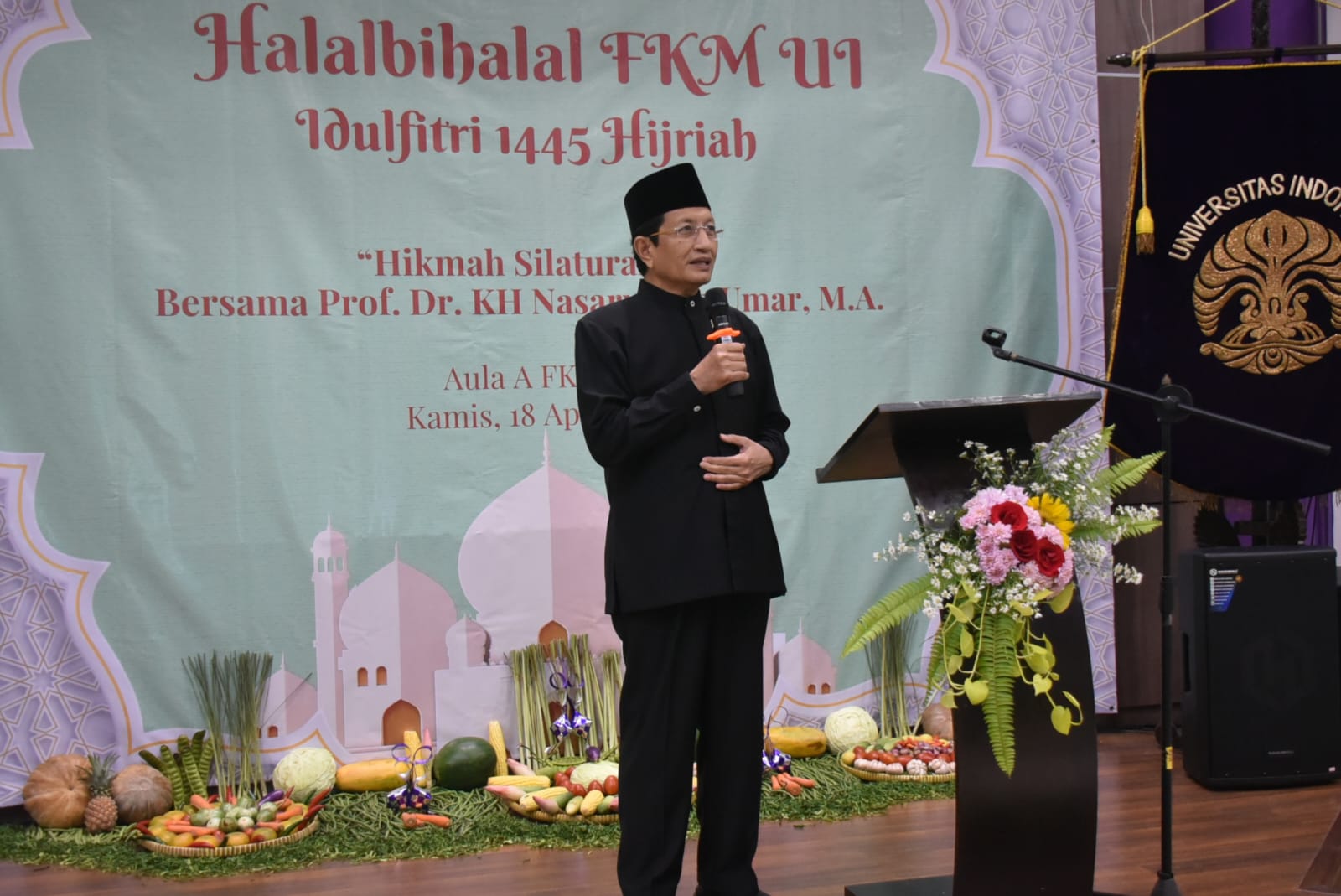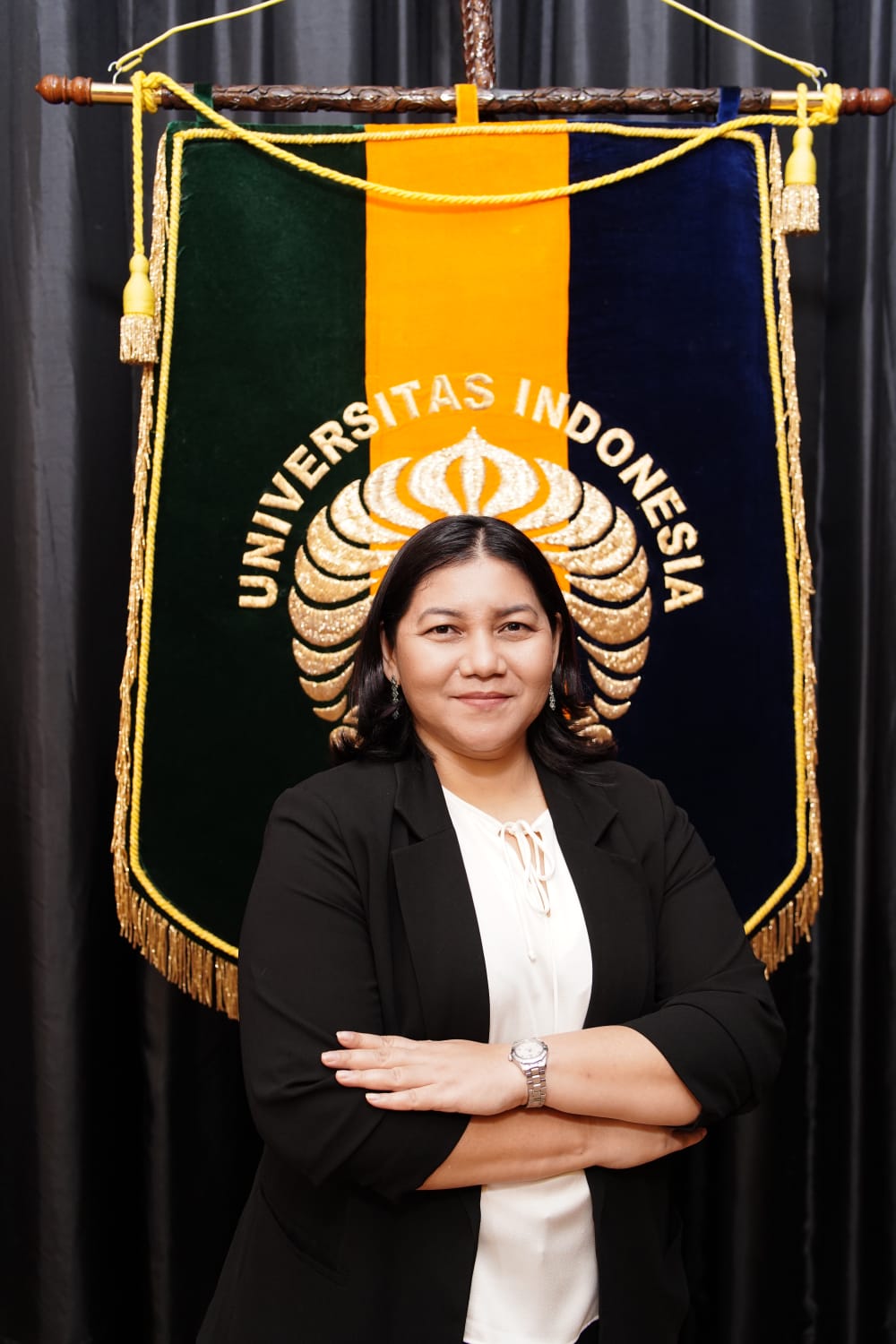The International Webinar: Academic Excellence and MOOCs: Creating World-Class Content was held by DPASDP UI on 29 June 2022 at 09.00 – 12.00 WIB. This activity aims to disseminate information to the entire community, especially education practitioners, regarding the development of MOOCs for education. This activity involved several experts including representatives from the Ministry of Education and Culture, Coursera, and lecturers who developed MOOCs from Faculty of Medicine Universitas Indonesia (FKUI).
To take part in the webinar, participants must first register on the zoom form provided. After registering, participants get a personal zoom link to join the webinar. There are 293 webinar participants who have registered, most of whom are lecturers, and others consist of education staff, students and professionals. There were several participants from neighboring countries such as Singapore and India. .

The activity was opened by the showing of Universitas Indonesia profile video, then followed by opening remarks from Universitas Indonesia the Vice Chancellor for Academic and Student Affairs, Prof. Dr. rer. nat. Abdul Haris,. In his remarks, he said that Universitas Indonesia has been developing eLearning since 2010 where in the 2020-2021 period UI has had more than 300 MOOCs. Compared to regular face-to-face lectures, MOOCs only have a 10% completion rate (the rate of completion of learning activities). UI still needs time to develop the MOOCs design to be better. Also in his speech, Prof. Dr. rer. nat. Abdul Haris, said that one of the goals of this webinar is for us to learn from Coursera as an international level learning platform regarding the design of MOOCs so that later we can implement them in Universitas Indonesia.
Furthermore, the Director of Institutions, Directorate General of Higher Education, Research and Technology, Ministry of Education, Culture, Research, and Technology, Dr. Lukman, S.T., M.Hum gave a brief explanation about the purpose of MOOCs which are seen as changing the way of learning. The 9 (nine) objectives of MOOCs are: New skills, Advance career, Quality Educational Experience, College Preparation, Training, Corporate E-Learning, Lifelong Learning, Supplemental Learning, Career Development. Furthermore, he said that the challenge for MOOCs in the future is how to create content that is accessibleand interesting to learn.
The main activity was guided by the head of CIL UI (Center of Independence Learning Universitas Indonesia), F. Astha Ekadiyanto, M.Sc, as a moderator accompanying 2 (two) speakers namely, Managing Director of Coursera for the India and Asia Pacific region, Raghav Gupta and a MOOCS practitioner who is also a lecturer at Faculty of Medicine UI, dr. . Ardi Findyartini, PhD.phD Ardi Findyartini,.
Raghav Gupta was the first resource person to describe Coursera’s experience as a learning platform that was established in 2012 in organizing courses. Currently Coursera has many partnerships with the best educational institutions in the world, by launching many coursescreated by educators from partner institutions. In his explanation, Coursera conveyed concrete steps in helping Higher Education to develop world-class MOOCs through various materials on digital teaching, preparing steps and mentoring up to launching a course, and directing how to create varied content and assessment according to the course.
The activity was continued by listening to the presentation of MOOCs Universitas Indonesia practitioners, dr. Ardi Findyartini, PhD. As an opening, dr.Ardi said that MOOCs are basically lessons that have a self-paced concept with flexible learning times and facilitate deeper learning. When developing MOOCs, it is necessary to refer to the stages consisting of: discussion of all involved; developing learning material content; and the last is designing learning modules.
dr. Ardi introduced the Covid Pandemic Response MOOCs which were developed in 2020. In developing MOOCs, it is necessary to consider the students’ Self Regulated Learning (SRL) abilities. Some lessons learnedfrom the development of MOOCs that have been carried out by dr. Ardi and the team include:
- MOOC has great potential for a continuing medical education in medical education programs
- The importance of critical needs analysis for different stakeholders.
- The keys to rapid adaptation are co-creation and collaboration.
- Understand the characteristics of courseparticipants in order to determine the right design and evaluation for MOOCs and hybridlearning.
The enthusiasm of the webinar participants was quite high, indicated by many questions in the question and answer session. The activity was closed by the MC,Izzaty Zephaniah, who is an alumni of the Universitas Indonesia’s Communication Studies undergraduate program. Before closing the event, participants were reminded to fill in attendance list and evaluation form for the participants to obtain the certificate of participation in this webinar.
For those who have not had the opportunity to watch the webinar live, you can watch the recording via the OVIS UI youtube channel at the following link:



